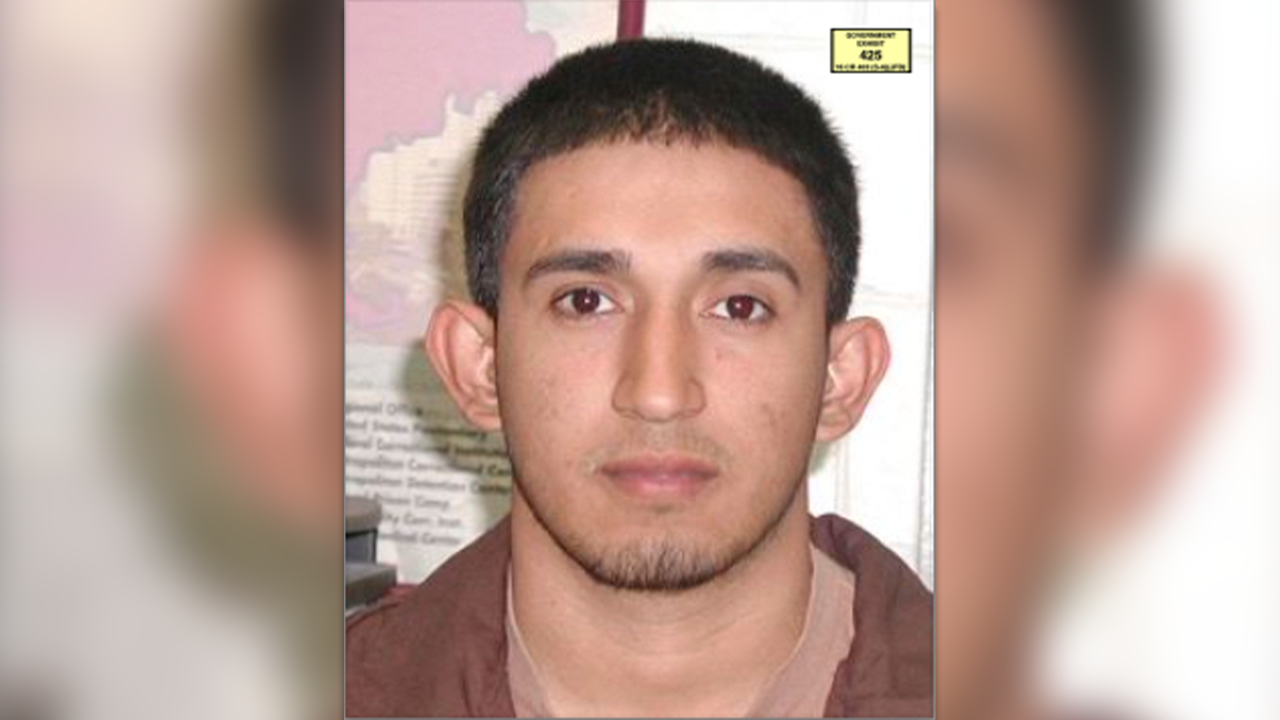Twenty guests will join Jill Biden to watch the State of the Union address from the first lady’s viewing box in the House chamber on Thursday, a lineup set to draw sharp distinctions with Republicans as President Biden seeks to highlight his achievements and press his advantage on issues like reproductive rights.
Among the guests are a woman from Alabama whose in vitro fertilization treatments were stopped after a state court decision, and another from Texas who was denied an abortion in the state despite what her doctors said would be health complications from the pregnancy. Their presence signals Mr. Biden’s emphasis on an issue that has lifted Democrats in recent elections as he faces a rematch with former President Donald J. Trump, whom he trails in many polls.
They are among a number of guests intended to touch on health policy, including Maria Shriver, the journalist who has become a women’s health advocate.
Also on the list are the head of the United Automobile Workers and a number of union members, as the president seeks to burnish his labor bona fides. Other guests, including a mayor, a police officer and the prime minister of Sweden, represent a range of issues, from student debt forgiveness to infrastructure to jobs programs.
The wars in Ukraine and Gaza that have consumed so much of Mr. Biden’s time in the past year received scant representation. The White House had hoped that Olena Zelenska, the first lady of Ukraine, and Yulia Navalnaya, the widow of the Russian opposition leader Aleksei A. Navalny, would attend, but both said they could not make it. The only guest connected with the Middle East crisis will be a U.S. Navy commander who earned a Bronze Star protecting ships from Houthi rebels.
Here is a closer look at each guest and the issues they highlight.
Abortion, I.V.F. and Health Care
Latorya Beasley, an Alabama mother whose in vitro fertilization treatments were halted after the Alabama Supreme Court ruled that embryos must be considered children.
Kate Cox, a Dallas-area mother whose petition for an abortion was rejected by Texas courts despite her doctors arguing that the pregnancy put her health at risk. Ms. Cox traveled outside the state to undergo the procedure.
Steven Hadfield, a blood cancer patient with diabetes who relies on a drug selected for the first round of the Medicare drug price negotiation program.
Justin Phillips, the chief executive of Overdose Lifeline, a nonprofit that works to prevent overdose deaths from opioids and fentanyl, and expand access to care.
Kris Blackley, an oncology nurse at a South Carolina health system that is trying to expand services to cancer patients as part of the cancer “moonshot” program, the president’s initiative to cut the cancer death rate in half.
Maria Shriver, the journalist and founder of the Women’s Alzheimer’s Movement, who helped announce a White House initiative to increase research on women’s health.
Local Leaders
Bettie Mae Fikes, a civil rights advocate who marched in Selma, Ala., on Bloody Sunday in 1965. Thursday’s State of the Union address falls on its 59th anniversary.
Kameryn Pupunu, a Hawaiian police officer whose hometown, Lahaina, was devastated by the August wildfires that took the lives of more than 100 people, including four of his immediate family members.
Gov. Stephen Roe Lewis of the Gila River Indian Community in Arizona, who has worked with the Biden administration to modernize tribal infrastructure.
Jazmin Cazares, a gun control advocate and the elder sister of Jackie Cazares, a 9-year-old who was one of 19 students and two teachers killed in the 2022 shooting at Robb Elementary School in Uvalde, Texas.
Keenan Jones, a middle school educator in Minnesota whose student loans qualified to be forgiven.
Tiffany Zoeller, a military spouse who joined the president to announce his June executive order expanding support and career opportunities for military spouses.
Mayor Garnett L. Johnson of Augusta, Ga., a city designated by the White House as one of five Investing in America Workforce Hubs, which seek to expand pathways to technical jobs.
Samantha Ervin-Upsher, an apprentice with a carpenter’s union in Pittsburgh who met the first lady on a trip to highlight an Investing in America Workforce Hub there.
Natalie King, the chief executive of Dunamis Charge, a Black woman-owned manufacturer of electric vehicle chargers.
Dawn Simms, a third-generation autoworker and U.A.W. member whose plant was shuttered and then reopened in a ceremony attended by Mr. Biden.
Rashawn Spivey, a plumber in Milwaukee who has expanded his business and replaced lead pipes, primarily at day-care centers, as part of an administration initiative to replace every lead pipe within a decade.






